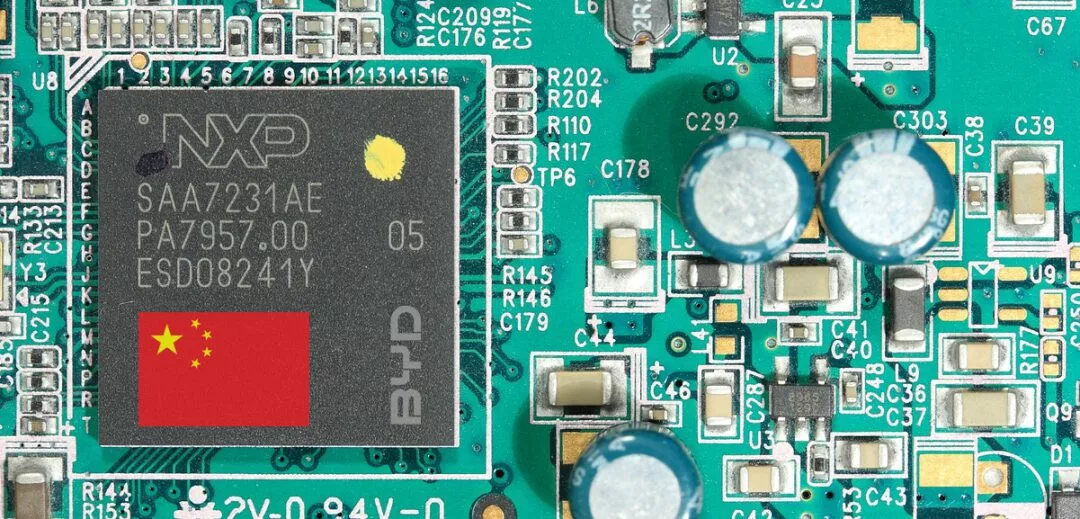
By Nini Hou, Partner at Chance Bridge Law Firm
As the global automotive industry undergoes a transformation towards integration of artificial intelligence, electrification, and connectivity, the importance of automotive chips, as core components of automotive electronic systems, becomes increasingly prominent in the application of new automotive technologies and functionality enhancement.
In order to promote the sustainable development of the intelligent automotive industry in China and fully leverage the guiding and regulatory role of standards in the development of automotive chips, the Ministry of Industry and Information Technology comprehensively reviewed and officially issued the Guidelines on Formulating National Automotive Chip Standards (hereinafter referred to as the “Guidelines”) on January 8, 2024.
According to the Guidelines, the technical structure of the automotive chip standard system will take “automotive chip application scenarios” as the starting point, covering five aspects: power system, chassis system, body system, cabin system, and intelligent driving system. The standards are categorized into three types: basic/general, product and technology application, and matching tests. Based on different functionalities, automotive chip products are classified into 10 categories: control chips, computing chips, sensor chips, communication chips, storage chips, security chips, power chips, drive chips, power management chips, and other types of chips.
The Guidelines propose that following the principle of “laying the foundation first and addressing urgent needs,” efforts will be intensified to prioritize the development of urgently needed standards for foundational, common, and key products, laying the groundwork for the design, development, and application of automotive chips. The Guidelines also specify the key directions for standard construction for the ten major chip types identified for priority development.
The Guidelines also propose that by 2025, more than 30 key standards for automotive chips will be formulated. These standards will clearly define fundamental requirements such as environmental sustainability and reliability, electromagnetic compatibility, functional safety, and information security, aiming to meet the basic needs for safety, reliability and pilot demonstration of automotive chip products. By 2030, over 70 relevant standards for automotive chips will be established, further refining the general requirements for basic/general, product and technology application, and matching tests. This will fulfill the requirements for building a secure, open, and sustainable automotive chip industry ecosystem.
In fact, as early as March 28, 2023, the Ministry of Industry and Information Technology released the Guidance on Formulating National Automotive Chip Standards (2023 Edition) (Draft for Solicitation of Opinions). Additionally, on December 5, 2023, the Automotive Chip Professional Committee under China Association of Automobile Manufacturers Standardization and Regulation Working Committee was officially established in Wuxi. This committee organizes industry units to participate in the construction of the automotive chip standard system, conducts standard research and revision, and tracks and evaluates the implementation of standards.
Prior to the release of the Guidelines, there was no guiding document at the national level for automotive chips. The introduction of the Guidelines addresses this issue of missing standards that hindered the development of China’s automotive chip industry and will help fill the gap in automotive chip standards in the country. After the release of the Guidelines, standardization organizations in the automotive and chip industries will coordinate industry efforts, jointly conduct research and development of automotive chip standards while prioritizing the development of urgently needed standards for foundational, common, and key products. Through the establishment of the standard system, guidance for technological innovation, and cross-industry collaboration, it will ultimately promote healthy competition and mutual development.


